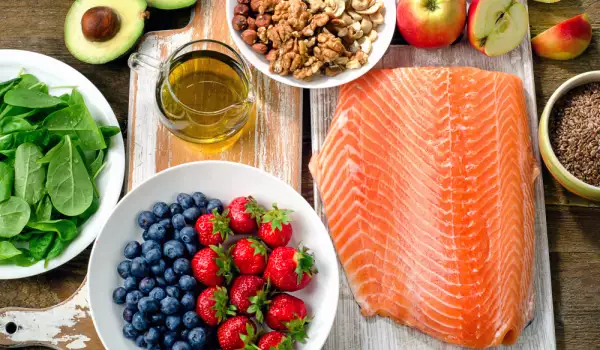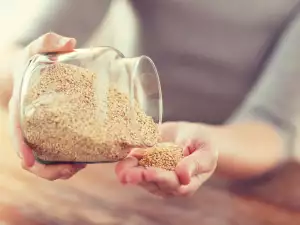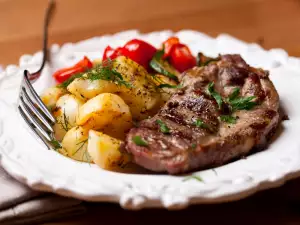Breastfeeding is an important element of the overall care of raising a baby, which creates a bond between the mother and the child in the process of its growth. With breast milk, the baby receives all the nutrients it needs, if the mother follows a diet suitable for the purpose.
Since breastfeeding sucks calories from the mother, her appetite is increased during this period above usual. Mostly the cravings are for sweet things with a high carbohydrate content, which is probably due to fatigue.
However, it is necessary to anticipate that during the period of pregnancy the mother's body has accumulated reserves of fat to support breastfeeding, so a diet must be followed.
A balanced diet for a nursing mother includes 5 servings of fruit and vegetables per day, preferably seasonal. Carbohydrates are good to come from rice, bread and pasta, among which whole grains are recommended.
Protein is best from meat, eggs, fish and beans or other legumes. Low-fat milk is also helpful.

Healthy and wholesome snacks include hummus, yogurt, whole wheat bread, dried apricots, soups, tuna, baked potatoes, avocados and unsweetened cereal.
One serious point is the thirst that most nursing mothers complain about. It is believed that the reason for this is the release of the hormone oxytocin, which occurs during feeding.
Drinking water hydrates the body and is recommended. Juices are a good alternative, as are other drinks, but caffeine should be consumed in moderation.
As for alcohol, there is no absolute ban on its consumption, but the sense of moderation is leading in this case. According to research, 1-2 glasses of wine or beer a week are not dangerous, but alcohol affects the breast milk and this should be taken into account.
Foods to avoid for frequent use are oily fish, onions, cabbage, garlic, Brussels sprouts, citrus fruit, tomatoes and carbonated beverages.
In case of an overdose of some of these foods, it is good to remove them from the menu for a week, especially if there are signs of the baby's restlessness.




















Comments